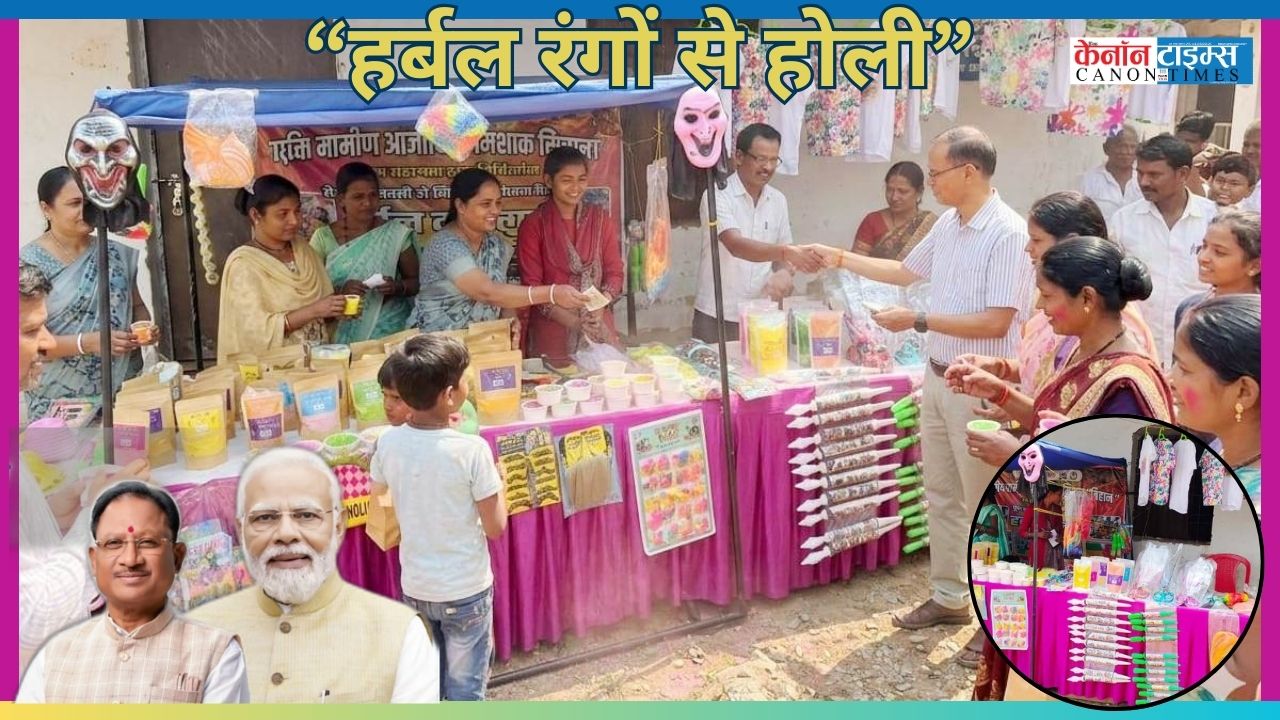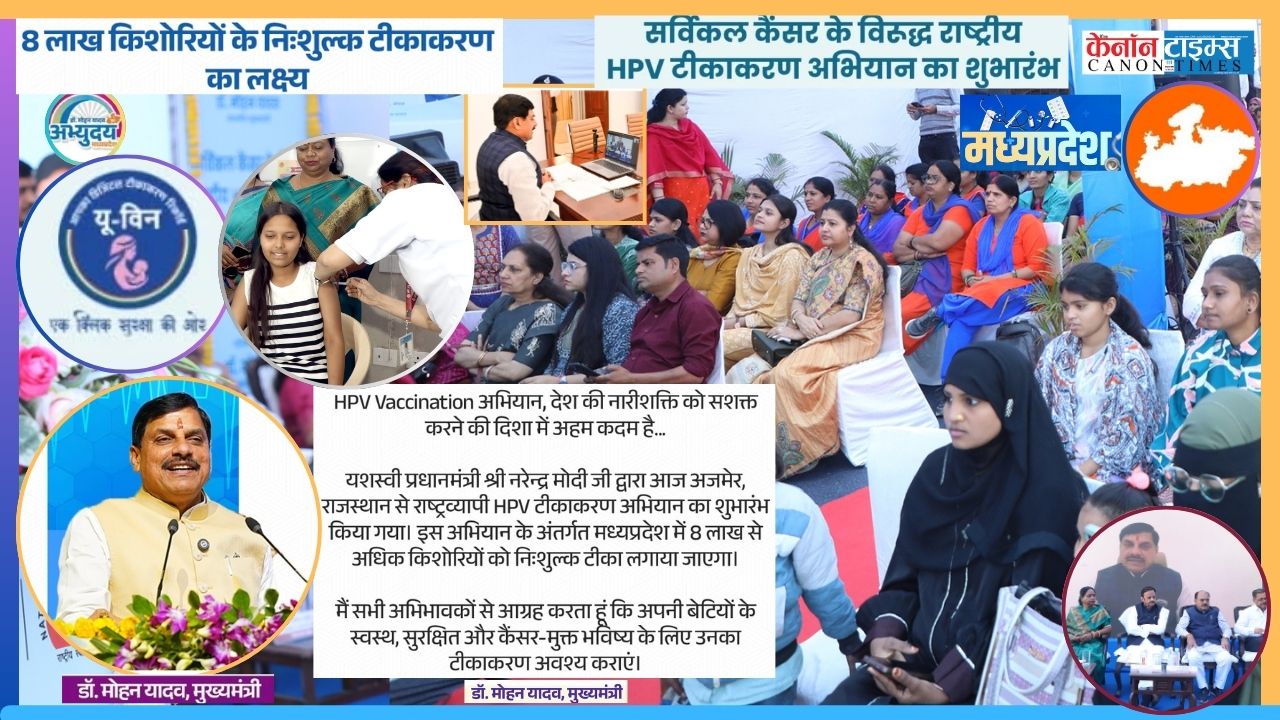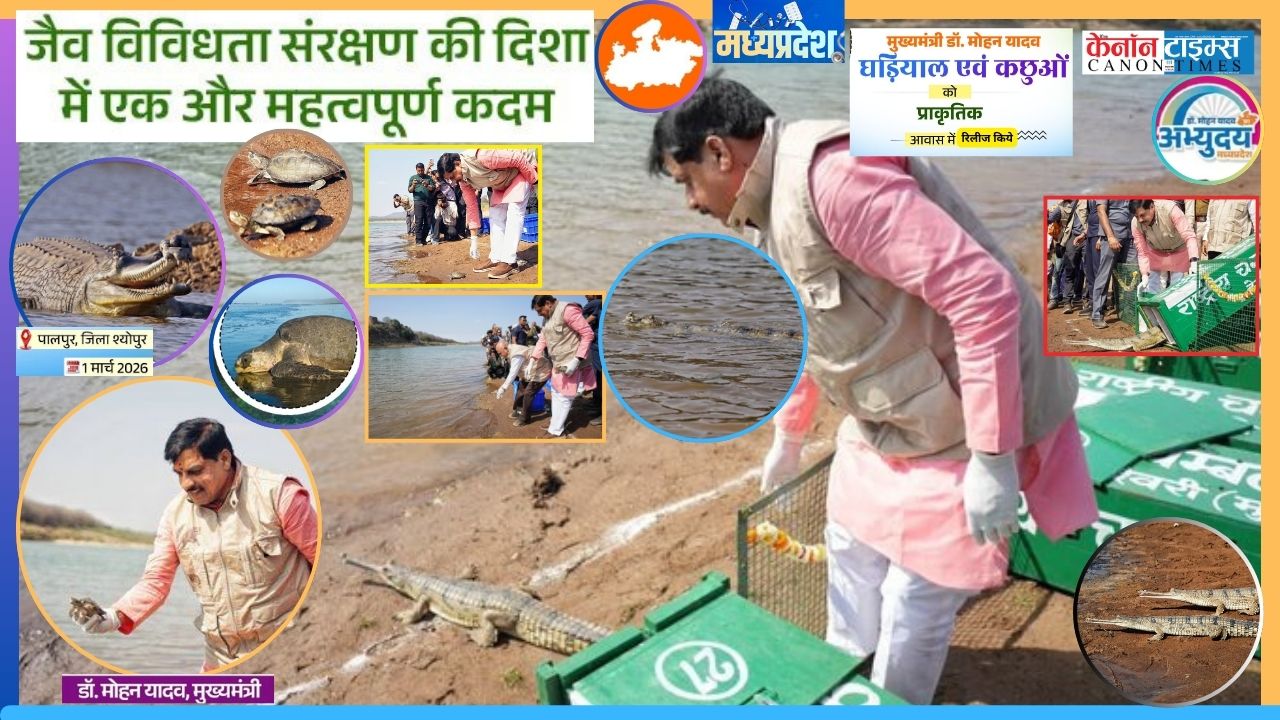The two-day “Summit on Peace” in Burgenstock finished on Sunday with mixed results. Switzerland convened around 90 countries, with leaders representing at least 56. The final unified communiqué was signed by about 82 countries and organisations, excluding India. The manifesto urged an end to Russia’s “ongoing war against Ukraine” and emphasised the importance of sovereignty, territorial integrity, and international law.
The document identified three areas of broad agreement: nuclear safety, food security, and the exchange of all Ukrainian prisoners of war, displaced, and incarcerated individuals. The organisers aimed to include as many countries from the ‘Global South’ as possible in their statement, resulting in a limited scope. While Ukrainian President Zelenskyy claimed a “historic victory” in several areas, there were certain deficiencies. Switzerland’s choice to focus negotiations on the Ukraine Peace Formula and UN resolutions, rather than inviting Russia, created a one-sided event.
China’s refusal to send a delegation, despite having significant influence over Moscow, was a major setback.
The lack of signatures from existing and future BRICS members suggests that the declaration was not supported by these emerging economies.
Switzerland, Ukraine, and other western countries attempted to gain India’s support for the conference, with Mr. Zelenskyy making a last-minute push during a G-7 outreach event in Italy. India’s inclusion would have been a significant advantage for the organisers, as it is a close partner of Russia, an important Global South participant, and has maintained a balance in conflict resolution.
While New Delhi dispatched the NSA and Deputy NSA to preparatory conferences in Jeddah and Davos, the Indian mission was led by the Secretary (West) in the External Affairs Ministry. India has repeatedly abstained from all UN, Security Council, IAEA, Human Rights Council, and other multilateral resolutions criticising Russia’s invasion of Ukraine. India expressed worries about the conference’s wording, but could not support its anti-Russian stance. New Delhi shown its willingness to participate in the process, particularly if it leads to a more inclusive future meeting involving Russia and Ukraine. India’s choice to attend the summit but not approve its results was likely pre-determined.
ABHISHEK VERMA
Author: This news is edited by: Abhishek Verma, (Editor, CANON TIMES)
Authentic news.






